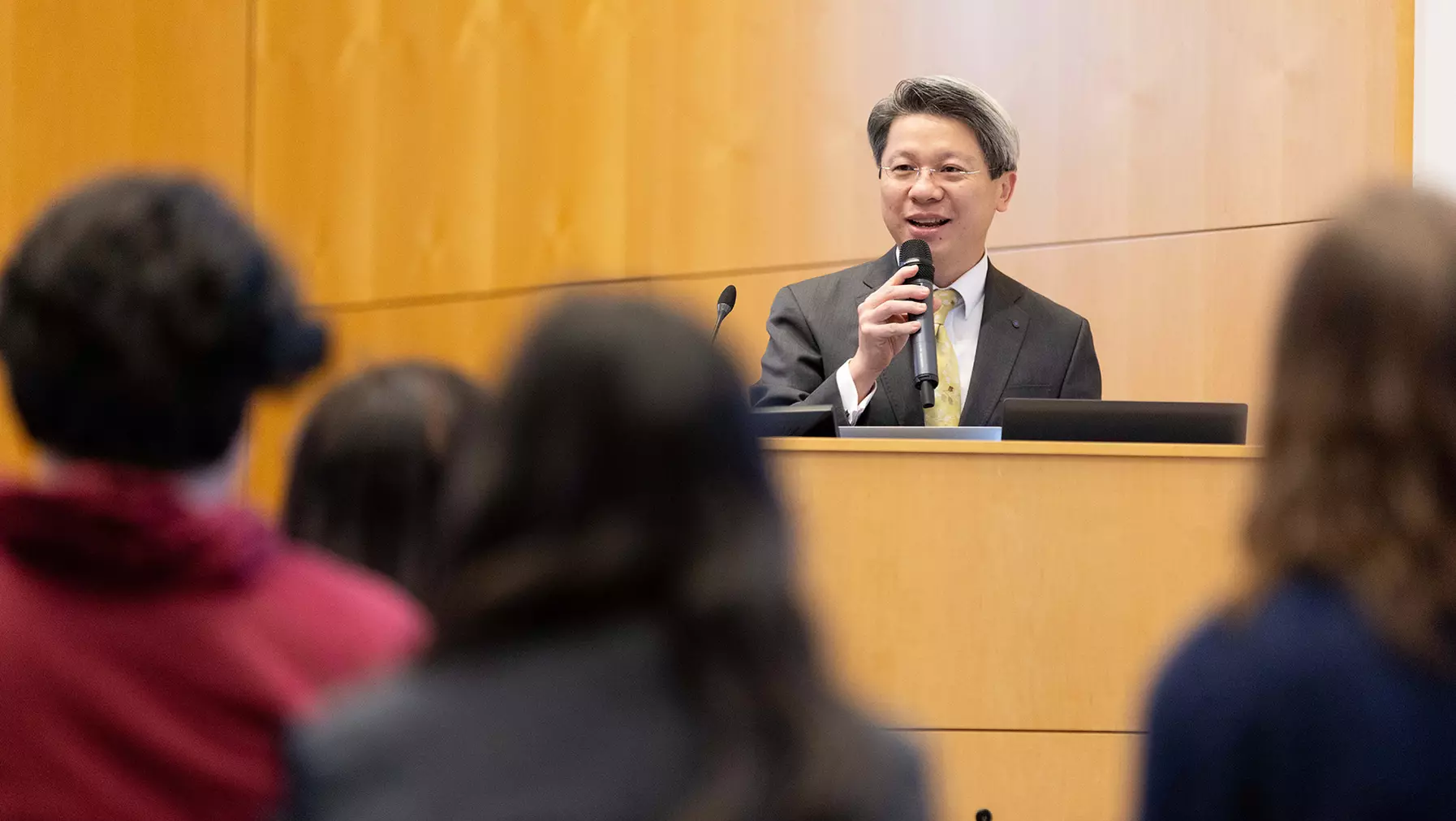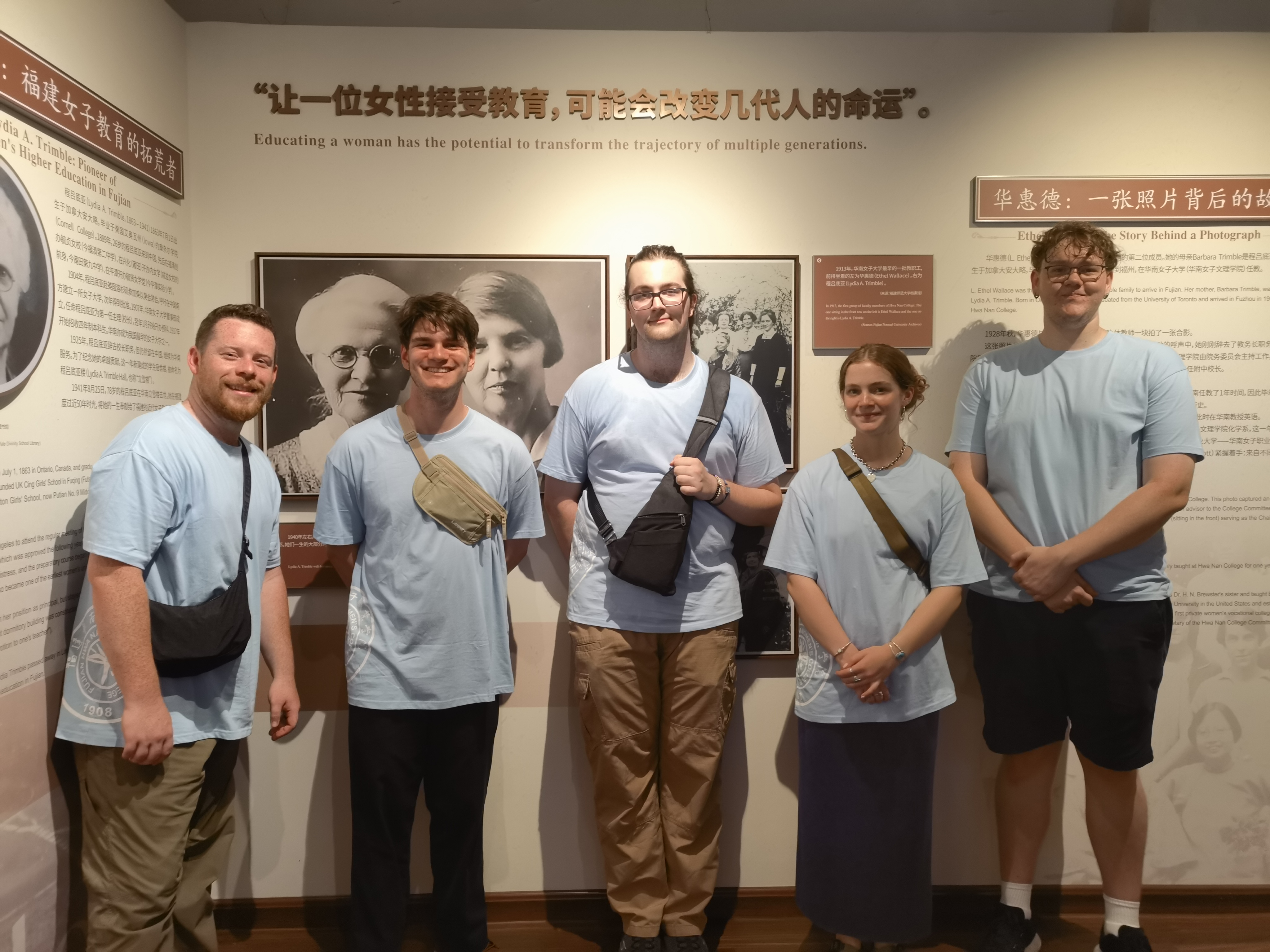What are the territorial and conceptual boundaries of Asia? How is Asia connected to the rest of the world? How have perceptions of Asia changed throughout history? What are the key themes and patterns found in Asian literary and artistic traditions, and how does an understanding of Asia enhance our understanding of cultural, social, and political responses?
The vast region labeled "Asia” is complex and diverse, and Asian peoples and institutions have greatly influenced human experience throughout the world. Asian studies offers courses in multiple disciplines, including the following: art and art history; business; crime, law, and justice; history; international political economy; languages; literature; music; politics and government; philosophy; religion; and, sociology and anthropology. In addition to offering an interdisciplinary Asian Studies major and an interdisciplinary Asian Studies minor, we also offer majors and minors in Chinese and Japanese languages and cultures.


























